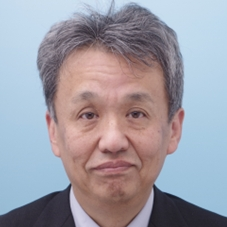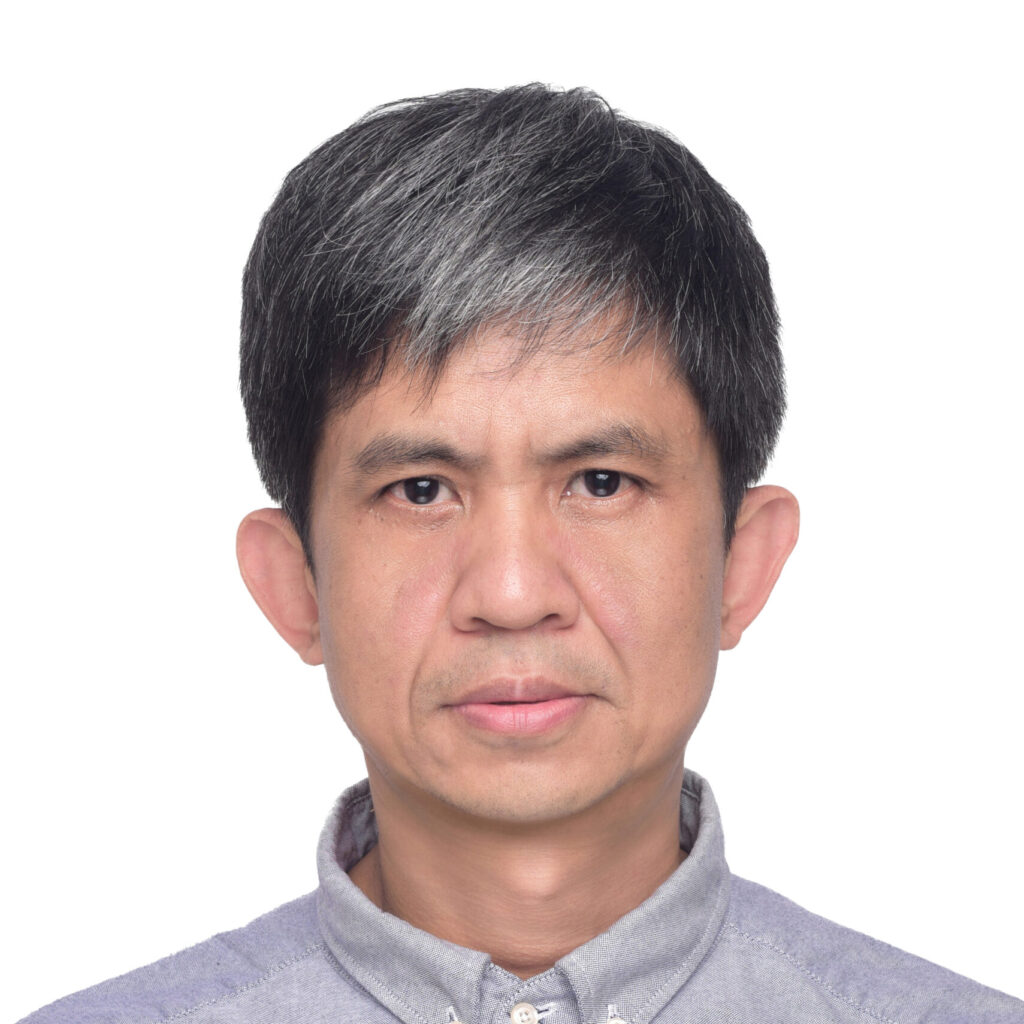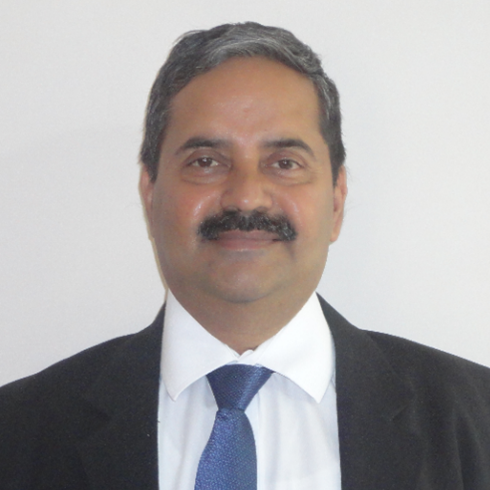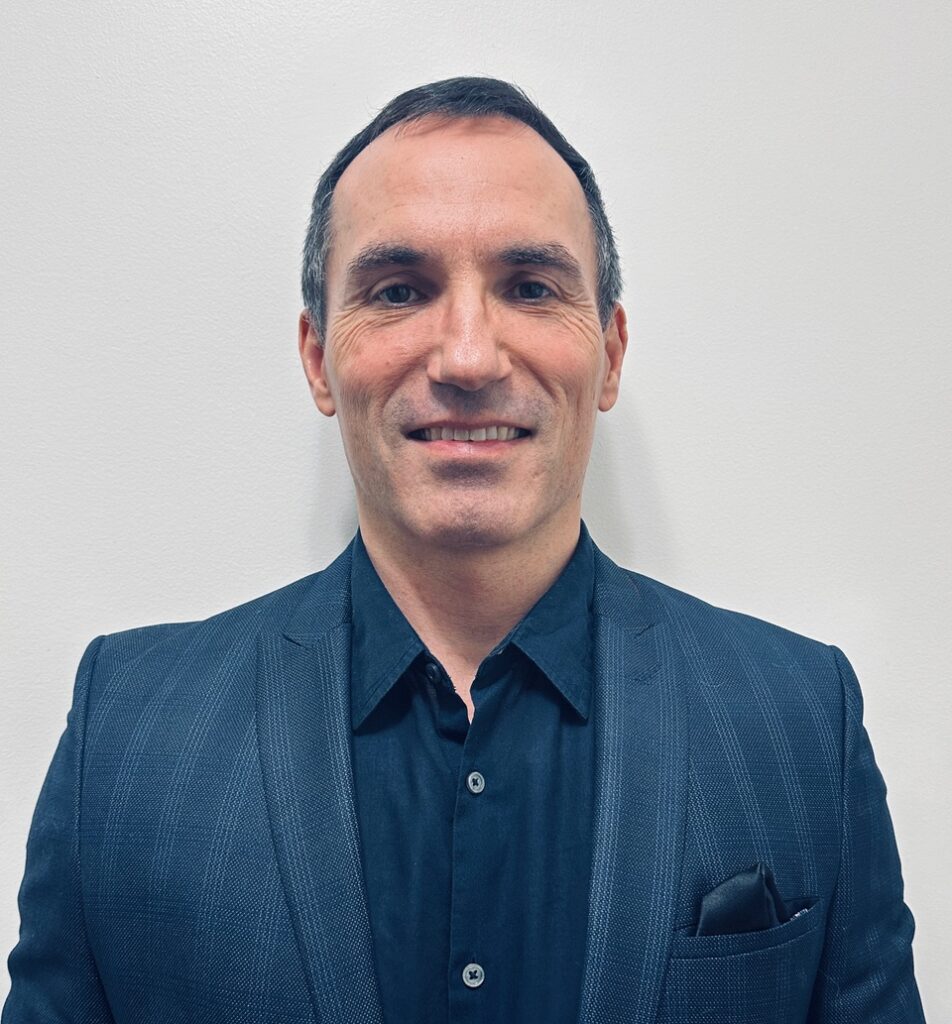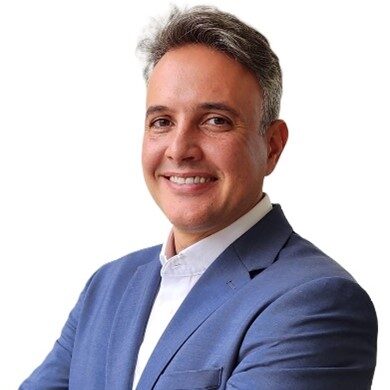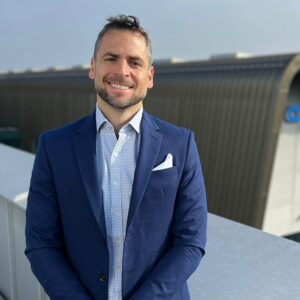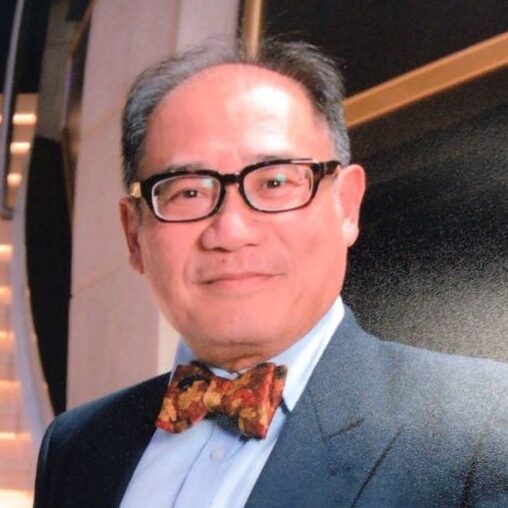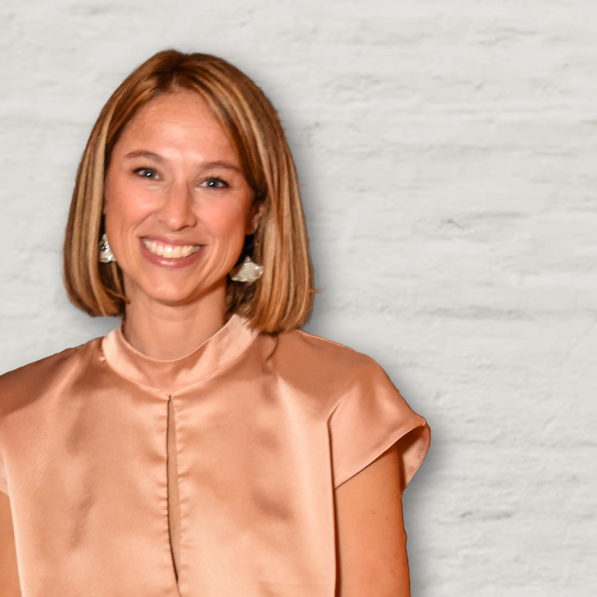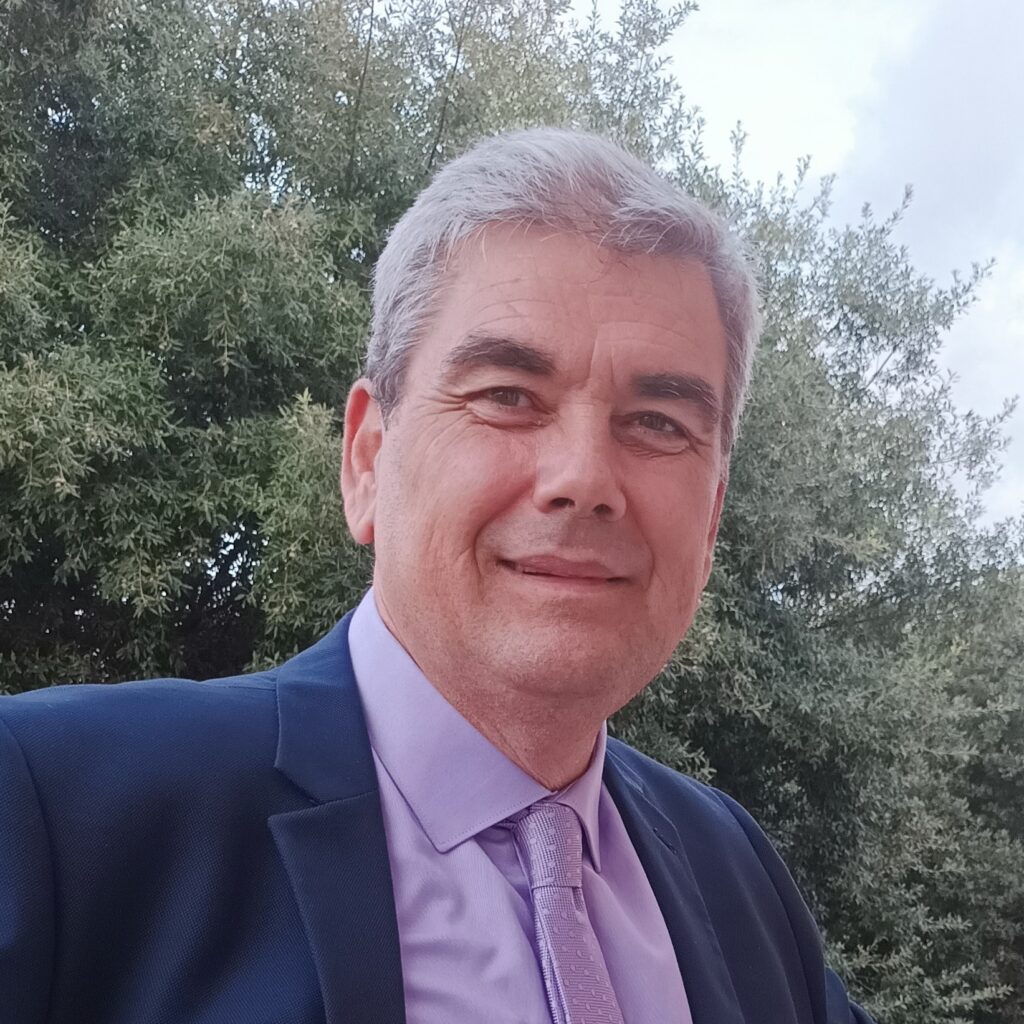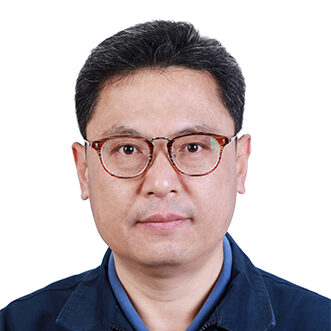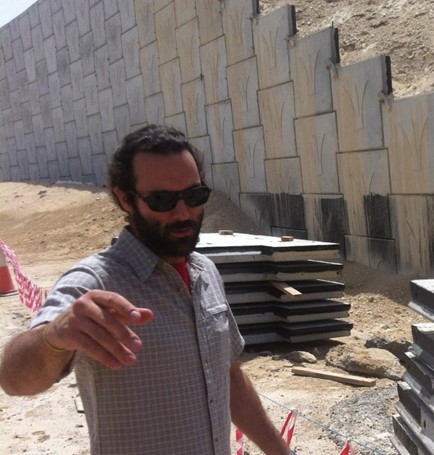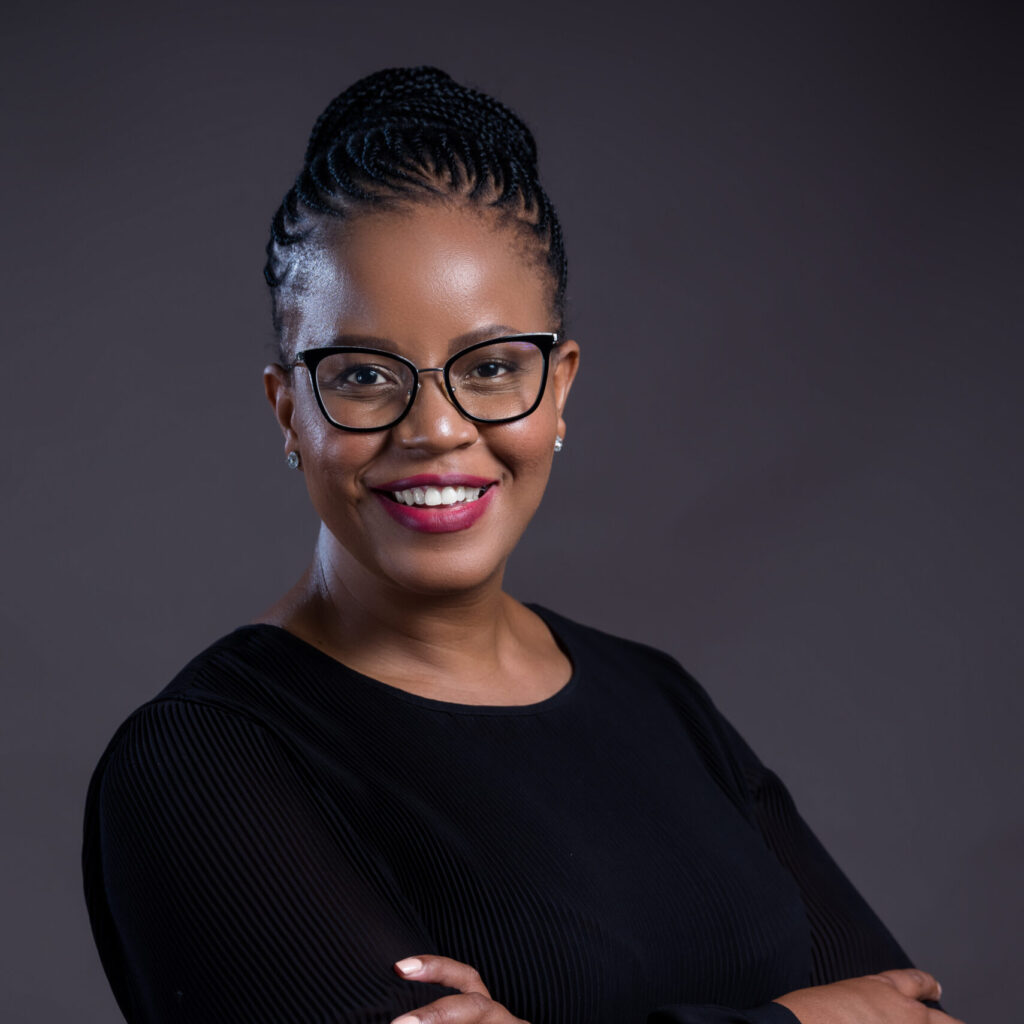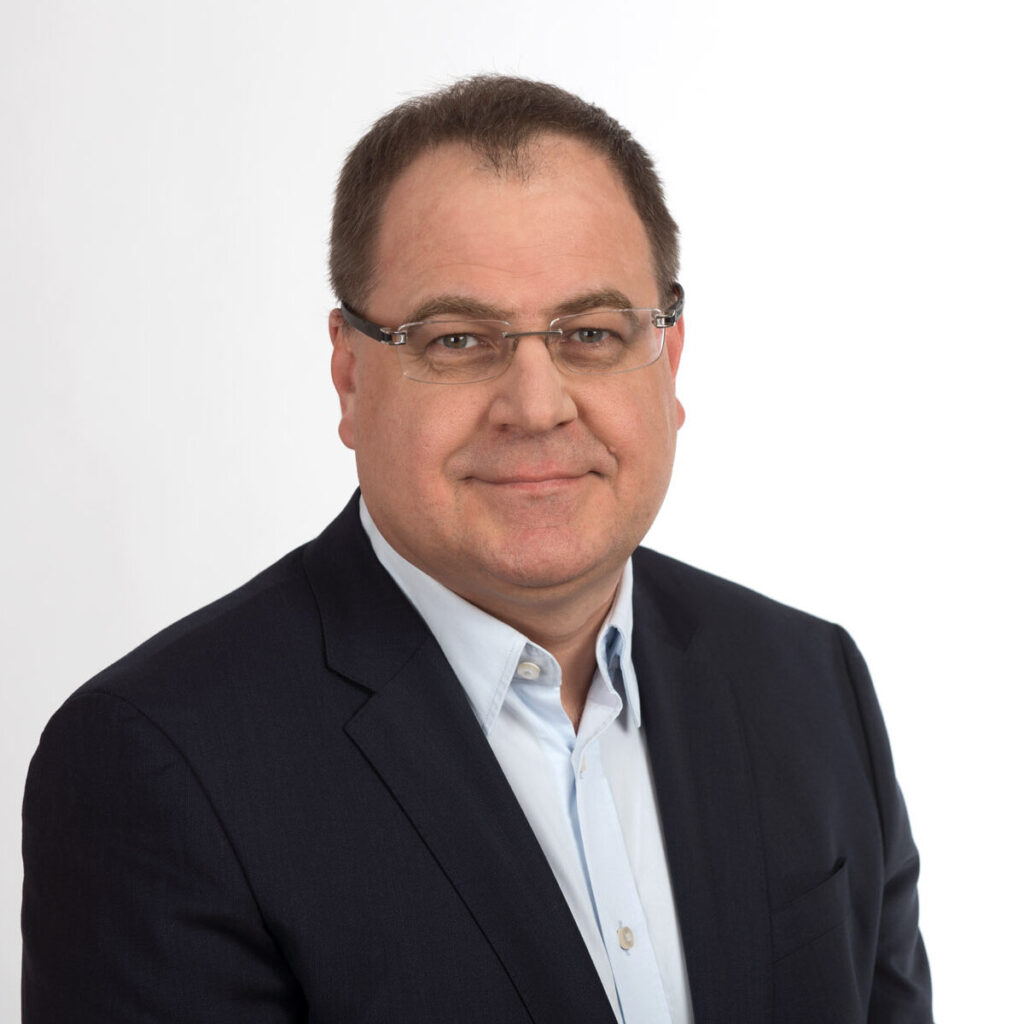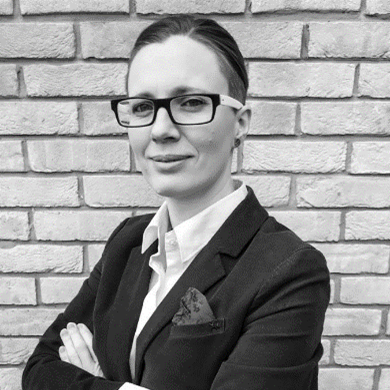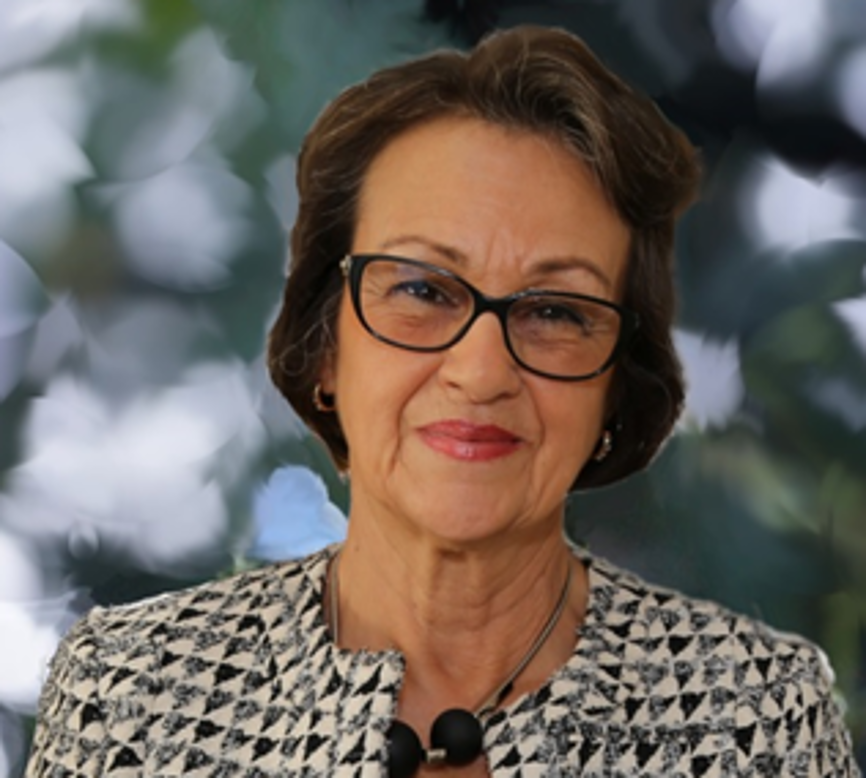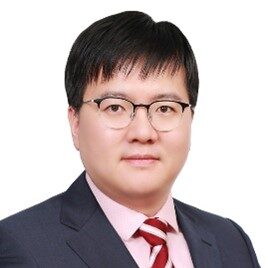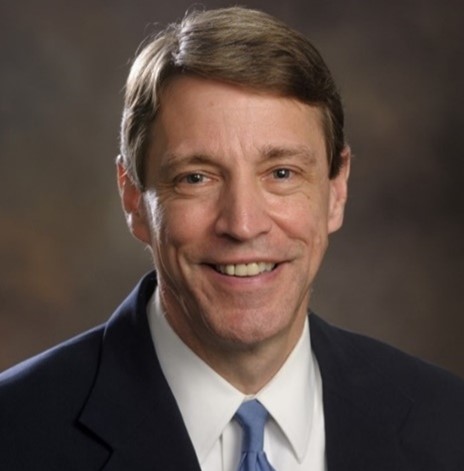Discovering the versatility of geosynthetics in environmental protection inspired Sarah Stern’s passion for geoenvironmental engineering. Here she shares her experiences and offers advice for those applying for their first professional roles.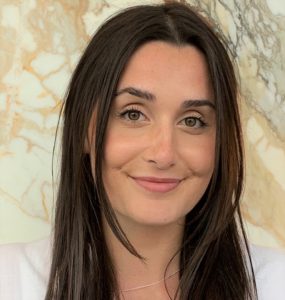
Hi Sarah, please tell us a bit about yourself.
Sure! I am 24 and live in the San Francisco Bay Area in the United States. I’m currently taking some time to do my Engineer in Training exam and attend some courses in sustainability and engineering, but most recently worked at Geosyntec Consultants, Inc. as a Staff Professional in the Geotechnical and Geoenvironmental group.
Tell us a bit about your journey to where you are now.
I am originally from Chicago, Illinois, and attended Queen’s University in Kingston, Ontario, Canada. At Queen’s, I obtained a BASc in Civil Engineering, with an emphasis on the geotechnical and environmental sectors. Following my graduation, I relocated to San Francisco, where I began pursuing my engineering career. I started with an internship at the Marin Municipal Water District, where I gained experience with the engineering design-to-construction process, water quality, and environmental sampling. Following that, I joined Geosyntec Consultants, Inc. to pursue my goal of consulting for a firm that focuses on environmental progress and sustainability.
Why did you choose to pursue a career in geosynthetics?
I have always been passionate about environmental protection and sustainability, however, I am also well aware that human impacts on the natural environment are inevitable, especially when it comes to generating waste. Minimizing human impact on ecosystems and the ability to design new infrastructure, as well as improve existing infrastructure, with sustainability in mind is the primary reason I became interested in geoenvironmental engineering. I like that the engineering process requires not only research and identification of a problem, but also a fully executed solution.
I was also lucky to have an undergraduate professor who was extremely involved in geosynthetics and landfill design, Dr. Kerry Rowe. When I first learned about geosynthetics in Dr. Rowe’s geoenvironmental engineering course, I was intrigued by their versatility for uses in environmental protection and sustainability. More specifically, I learned about geosynthetics from the perspective of landfill design. The use of geosynthetics in landfills is crucial to protecting water and the natural environment from human-generated impacts, which made a career involving geosynthetics appealing to me.
What was your experience in the first three to six months? Was it what you expected?
In the first few months I really focused on learning as much as I could about the engineering process, my company and its practices, and technical skills that would allow me to succeed. Those first few months were filled with absorbing a lot of information. Taking in as much as possible was formative to my growth as a young engineer.
More specifically, during the first six months I spent about two months in the field performing Construction Quality Assurance (CQA) for deployment of geosynthetics. Having that fieldwork experience right off the bat significantly improved my learning and understanding of the design process thereafter. The rest of my time was spent building skills in AutoCAD, GeoStudio, report writing, project billing, and other components in the engineering process.
What did your day-to-day tasks involve?
When I was in the office as opposed to the field, I primarily provided design support and completed administrative/project management tasks. In terms of design support, this included checking geosynthetic MQC and conformance data to ensure it met project specifications, performing slope stability analyses for landfill excavation and waste slopes using Slope/w (slope stability software used for analyzing soil and rock slopes), and using Civil3D for grading, estimating quantities, drafting details, creating site maps, or generating cross sections. During landfill construction, I also reviewed as-built submittals from the contractor to ensure that all layers met specifications. In terms of administrative tasks, I typically generated work orders, change orders, and processed invoices for projects.
Most of my time in the field was spent providing CQA during geosynthetic deployment. I also performed fieldwork during drilling events and earthwork. For geosynthetics deployment, specifically geomembrane, day-to-day tasks entailed keeping track of the square footage placed, panel lengths, and panel numbers, observing geomembrane welding and seam testing to ensure it was performed to specification, collecting destructive samples of geomembrane welds to be sent to a laboratory for shear and peel testing, and data collection for trial welds, repairs, sampling, and so on.
What are you looking forward to most in your career?
I am interested in seeing how innovative solutions using geoenvironmental engineering, including geosynthetics, continue to evolve as more environmental and industry needs arise. I am also looking forward to becoming more technically proficient so I can move from design support to taking on bigger-picture roles in the design process.
What are your long-term ambitions and goals?
A career goal of mine is to diversify my engineering project experience with time so I am able to take on a variety of engineering problems. My work has been very landfill-focused and I am enjoying that, but my goal is to add to that by exploring more ways in which geotechnical and geoenvironmental engineering are applied, for example in water resources, landslide detection and prevention, environmental remediation projects, and erosion prevention.
At some point in my career, I would like to perform research on a specific engineering concept that interests me or becomes the focus of my work. With more experience, I will have a better idea of research topics to pursue.
Do you have any top tips for anyone considering becoming an engineer or applying for their first job?
It is important to keep in mind that engineers typically require a well-rounded perspective on science and engineering, as well as the ability to problem-solve on the fly. When you are in school and starting out in engineering, there will be a lot of classes, skills, and concepts you will learn that you may not use on a day-to-day basis but are important for honing problem-solving skills and scientific understanding. If you know you like engineering but there are some specific areas you’re not interested in, don’t let that discourage you.
In terms of applying for first jobs, gain an understanding of the technical skills and knowledge you should possess in the field you’re applying in. Make sure that you emphasize wherever these appear in your experience on your resumé and in your interview – whether that is curriculum, a task during an internship, a semester project, or something you explored in an extracurricular setting, be specific! Early on, this can make a big difference in helping you stand out, especially in a more focused sector of engineering.
Did you do work experience or an internship, and would you recommend this?
I did – I took part in a six-month internship before my first engineering job. I would recommend pursuing an internship if possible. Even if it is not in the exact field you are hoping to pursue a career in, working in an engineering environment and learning the engineering design-to-construction process, whether that’s project bidding, fieldwork, software usage, etc. is beneficial. An overview of the engineering process is very helpful background information when entering an engineering job, so you can focus more on specific skills that are required in your field once you are on the job.
What do you wish you knew before starting your first engineering job?
I wish I had learned about more of the possible avenues of geotechnical engineering as far as career focus goes. In this case, it worked out for me as I enjoy landfill design and the projects I worked on, but for any engineer, it’s great to know your options in case there is something more specific you want to pursue. I would have spoken more to my professors not just about their curriculum, but how that translates into a discipline and/or career path that is accessible at an entry level.
How has the IGS helped inform or develop your career?
I’ve been aware of the IGS since I started learning about geosynthetics. During my undergraduate degree, the involvement of my professors with the IGS allowed me to better understand what a career in geosynthetics, and geotechnical engineering in general, might entail.
Since starting my career, the IGS has been a great resource for learning how geosynthetics research can be applied to design scenarios, what kinds of projects geosynthetics are used for, and for networking with other geotechnical and geoenvironmental professionals. I am also using it to stay informed on conferences or events I hope to attend or tune into virtually. It is a great way of connecting the geosynthetics community at all levels and sectors.
Find out more about the IGS Young Members Committee here.
If you would like to feature in our Young Engineers’ Q&A, email your details to youngmembers@geosyntheticssociety.org.






